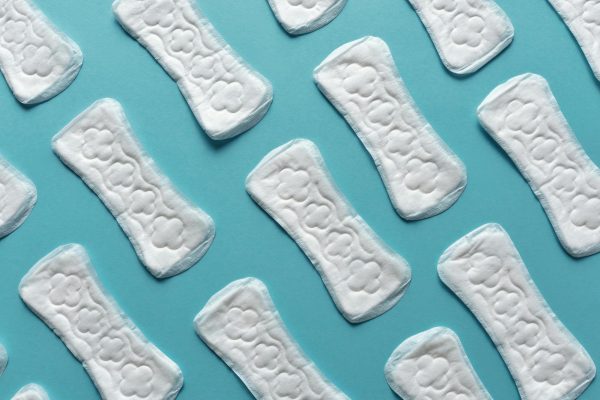The War on Drugs: Dismantling the System of Oppression
Declared by former President Richard Nixon in 1971, the War on Drugs is an American campaign to prohibit all drugs, with the stated aim of reducing the illegal drug trade. From commercials comparing a fried egg to “your brain on drugs” to Nancy Reagan’s highly publicized anti-drug campaign, Drug War propaganda has dominated American life in the past several decades.
Regardless of your political affiliation, it is time that we come together to recognize that the Drug War has failed this country miserably. On a statistical level, it is rather clear that the War on Drugs has been inefficient, at best. For instance, according to Law Enforcement Against Prohibition, drug use in the United States has increased dramatically since the War on Drugs was declared.
In 1970, only 4 million Americans above the age of 12 had used an illegal drug, which was 2% of the total population. As of 2011, that number increased to 121 million Americans, nearly 46% of the current population. Moreover, drug supply has increased, along with drug purity, drug overdose death rates, and drug violation arrests. Thus, the War on Drugs has not just been inefficient, but in fact detrimental to its very mission statement.
The Drug War also intersects with many modern social justice movements as it enforces a system of rampant oppression. It has never been a war on drugs, it has always been a war on minorities, including students, women, people of color, families, developing countries, trans people, veterans, the working class, political activists, medicine, science, the environment, refugees, patients, and so many more. As the drug policy reform movement continues to gain momentum and recognition, many social justice leaders now understand that deconstructing the War on Drugs is a crucial step in achieving equality.
“Blacks make up about 13% of the population, but 30% of all drug arrests; blacks account for nearly 90% of all federal crack cocaine prosecutions; black federal crack offenders were sentenced to far more prison time [than] white powder cocaine offenders; blacks and other minorities are disproportionately targeted in traffic stop and stop-and-frisks despite being less likely than whites to be carrying drugs, and so on,” according to AlterNet, an alternative media source that aims to inform readers on social justice and advocacy issues. This clear bias in enforcing drug laws have led leaders in the Black Lives Matter movement to argue that the War on Drugs is simply a new method of oppressing African Americans and other minority groups.
Patrice Cullors, one of the movement’s three founders, contends that African American race relations in this country can be divided into three phases. First was slavery, when African Americans were physically held in chains. Second was the legal segregation of African Americans through the Jim Crow laws. Third, and currently, is the War on Drugs, where African Americans are disproportionately incarcerated for nonviolent drug offenses, then forced into the prison industrial complex to work for under a dollar a day so private prisons can sell commodities. In reality, this system of a school-to-prison pipeline and mass incarceration is not all that different from slavery.
The War on Drugs is not exclusively intersectional with the Black Lives Matter movement, however. First, it has an impact on illegal immigration, as Central Americans often flee violence in their native countries, in hopes for a better life in the United States. This violence can be directly traced back to American money being used to combat drug cartels in the region. These cartels only exist as a result of the power vacuum and drug market created by the prohibition of drugs.
Furthermore, the state of relations between the black community and law enforcement, as well as the militarization of the police force, is also a direct result of the War on Drugs. Police most often target African Americans for nonviolent drug offenses – Darren Wilson followed Mike Brown under the suspicion that he was under the influence of marijuana.
Third, transgender people face an incredible risk of sexual assault when behind bars. The vast majority of these individuals are imprisoned for nonviolent drug offenses. Moreover, HIV/AIDS infection rates are directly related to the War on Drugs, as drug users often share used needles because they do not have access to needle exchange programs.
Finally, the War on Drugs is responsible for the recent addiction epidemic among white communities in the Northeast (which has also impacted communities of color and this country’s indigenous population for decades), as drug users do not have access to rehabilitation, but instead fear imprisonment.
Too often, the drug policy reform movement is depicted as pot loving stoners working to make their lives easier through the legalization of marijuana. This is simply not the case. The work of grassroots organizations to end the War on Drugs, such as Dickinson’s Students for Sensible Drug Policy, is a fight for oppressed communities across the country.
It is a fight for acceptance, common sense, peace, education, and freedom. It is a fight that everyone has a stake in, as the War on Drugs has clearly failed us all. A new set of policies must be enacted. It is time we come together to exclaim that enough is enough, and unite to dismantle this system of oppression.



